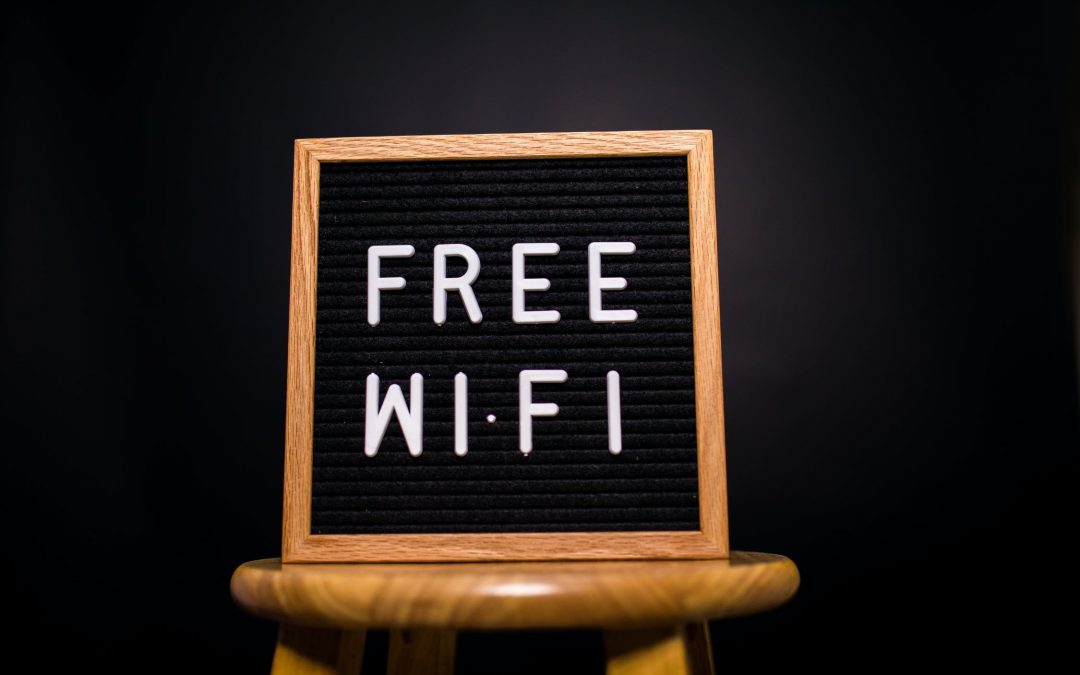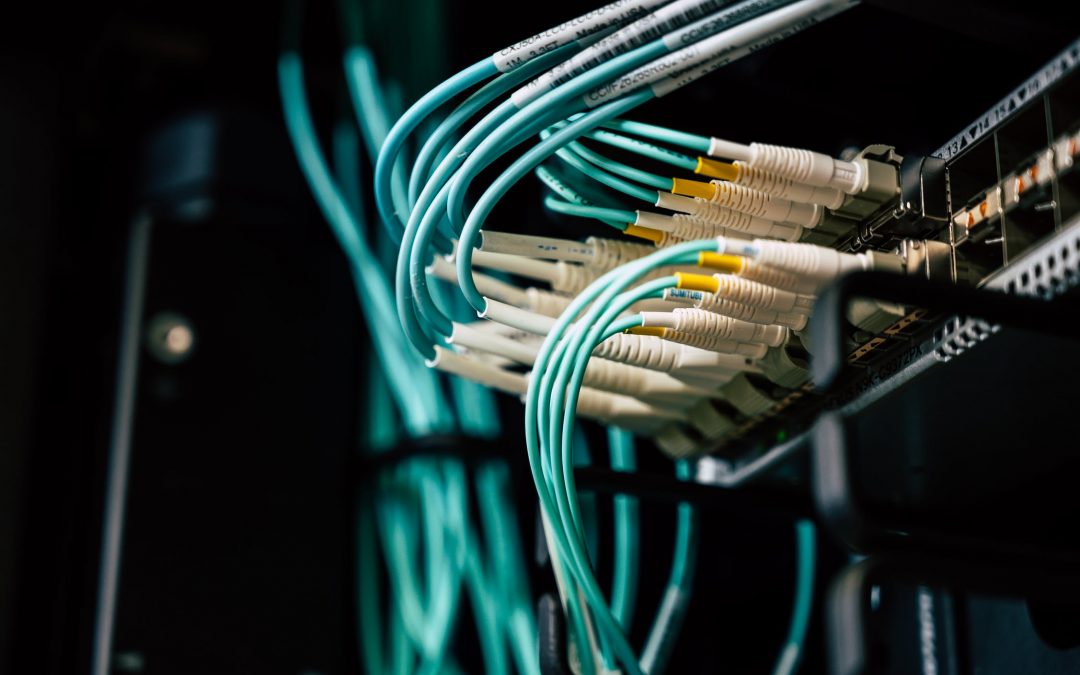Phishing is a type of cybercrime that involves the use of fake emails, websites, and other online communication to trick people into divulging sensitive information, such as passwords and financial data. It is a common and effective tactic used by hackers and cybercriminals to gain access to personal and corporate accounts. To protect yourself from phishing attacks, it is important to be aware of the tactics that these criminals use and to follow some basic precautions.
Here are some tips to help you avoid being phished:
- Be suspicious of unsolicited emails: One of the most common methods used by phishers is to send fake emails that appear to be from legitimate organizations, such as banks, government agencies, or online retailers. These emails often contain links or attachments that, when clicked, will install malware on your computer or redirect you to a fake website. To protect yourself, be suspicious of any unsolicited emails that ask you to click on links or download attachments, and always verify the sender’s identity before taking any action.
- Use strong and unique passwords: Using strong and unique passwords is one of the most effective ways to protect your accounts from being hacked. Avoid using easily guessable passwords, such as “password” or “123456,” and consider using a password manager to generate and store complex passwords for you.
- Keep your software and devices up to date: Outdated software and devices are more vulnerable to attacks, so it is important to keep them up to date with the latest security patches and updates. This includes your operating system, web browsers, and any other software that you use.
- Be cautious when using public Wi-Fi: Public Wi-Fi networks, such as those found in coffee shops and airports, can be easily accessed by hackers and are often used to launch phishing attacks. To protect yourself, avoid accessing sensitive information, such as online banking accounts, while using public Wi-Fi. If you do need to access sensitive information, use a virtual private network (VPN) to encrypt your data.
- Use two-factor authentication: Two-factor authentication (2FA) is an additional layer of security that requires you to provide a second form of authentication, such as a code sent to your phone, in addition to your password. This makes it much harder for hackers to gain access to your accounts, even if they manage to obtain your password.
By following these tips and being aware of the tactics used by phishers, you can significantly reduce the risk of falling victim to a phishing attack. Stay vigilant and protect your personal and financial information by being cautious when online and by taking steps to secure your accounts.










